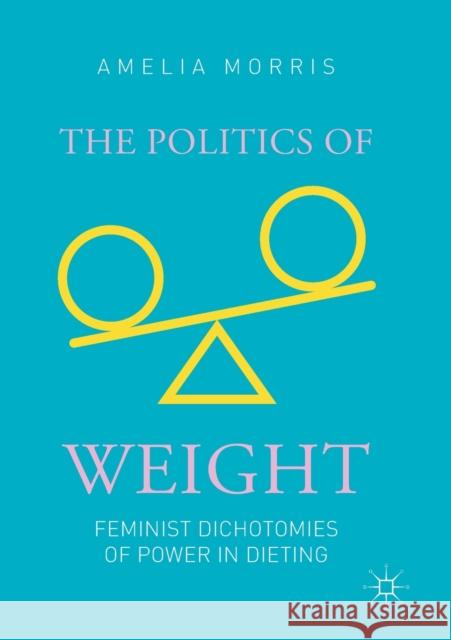The Politics of Weight: Feminist Dichotomies of Power in Dieting » książka
topmenu
The Politics of Weight: Feminist Dichotomies of Power in Dieting
ISBN-13: 9783030136727 / Angielski / Miękka / 2020 / 203 str.
The Politics of Weight: Feminist Dichotomies of Power in Dieting
ISBN-13: 9783030136727 / Angielski / Miękka / 2020 / 203 str.
cena 195,42 zł
(netto: 186,11 VAT: 5%)
Najniższa cena z 30 dni: 192,74 zł
(netto: 186,11 VAT: 5%)
Najniższa cena z 30 dni: 192,74 zł
Termin realizacji zamówienia:
ok. 20 dni roboczych.
ok. 20 dni roboczych.
Darmowa dostawa!
Kategorie:
Kategorie BISAC:
Wydawca:
Palgrave MacMillan
Język:
Angielski
ISBN-13:
9783030136727
Rok wydania:
2020
Wydanie:
2019
Ilość stron:
203
Waga:
0.28 kg
Wymiary:
21.01 x 14.81 x 1.24
Oprawa:
Miękka
Wolumenów:
01
Dodatkowe informacje:
Wydanie ilustrowane











